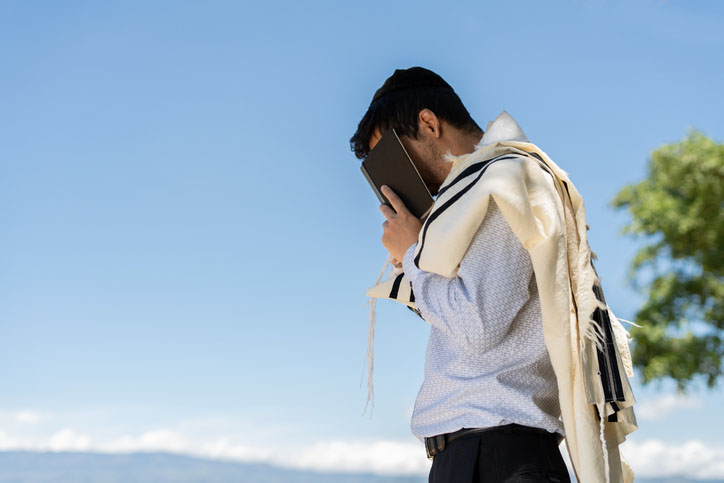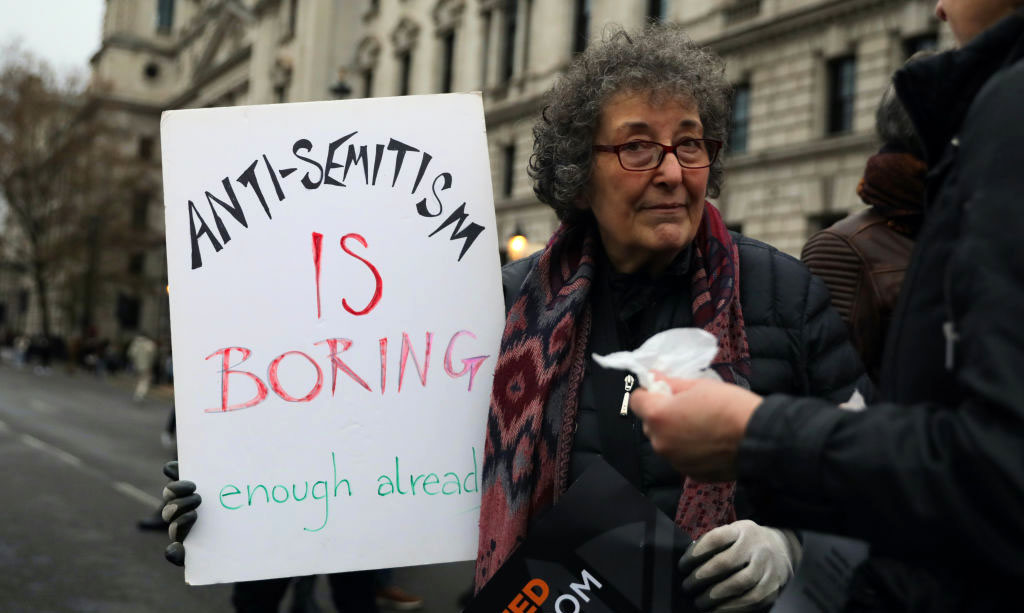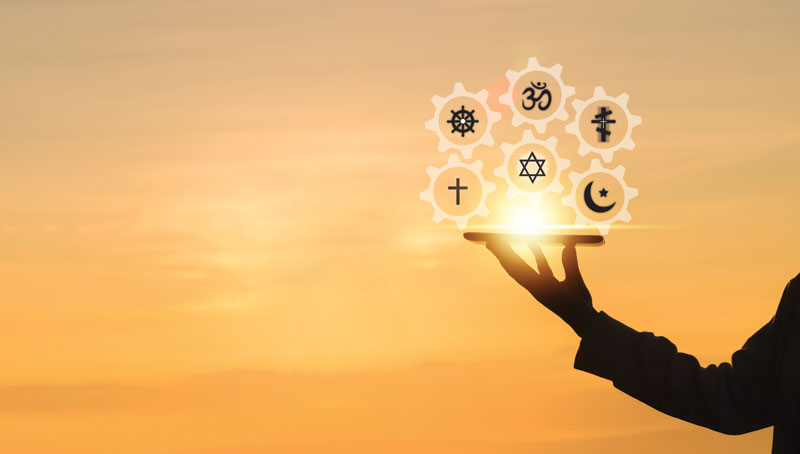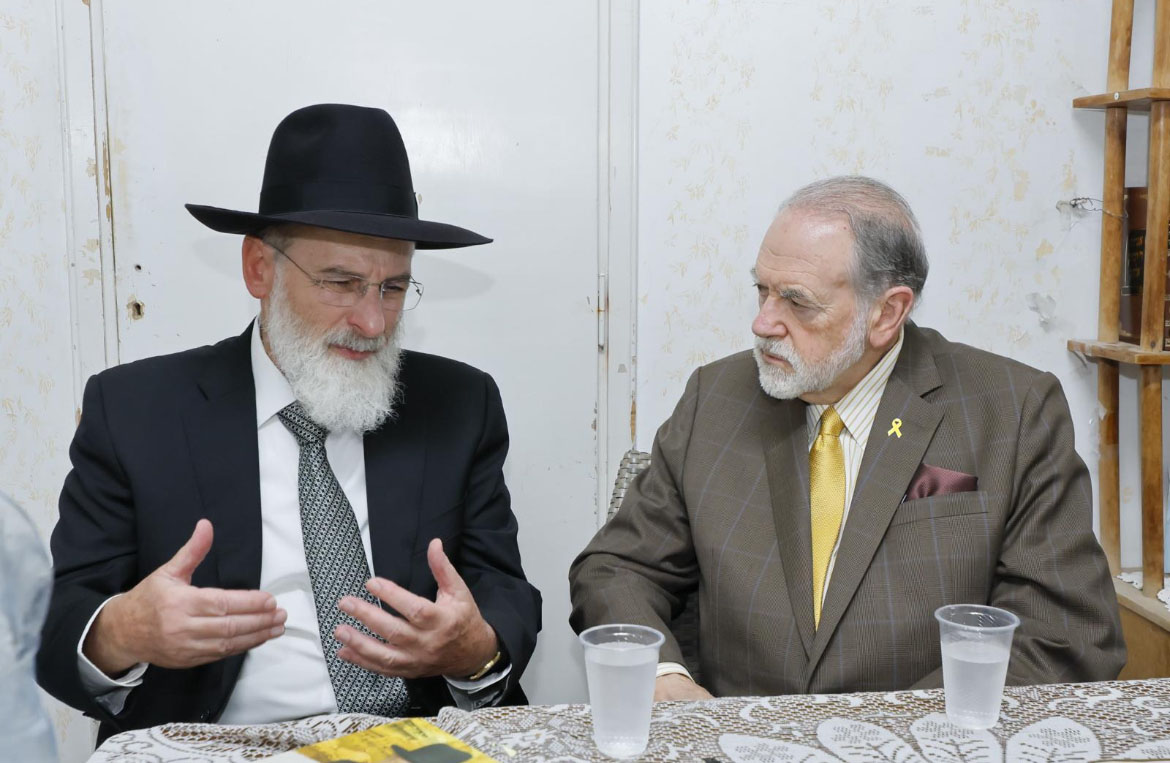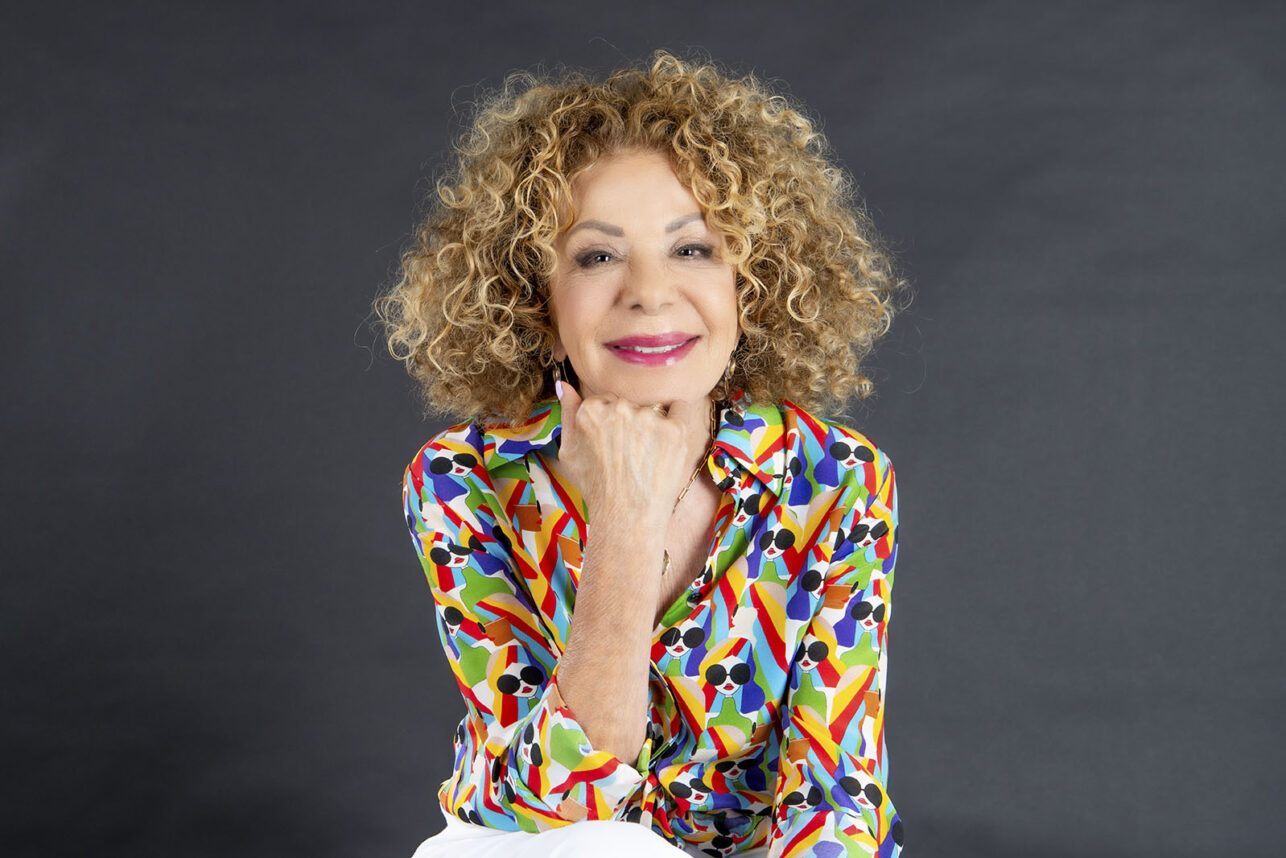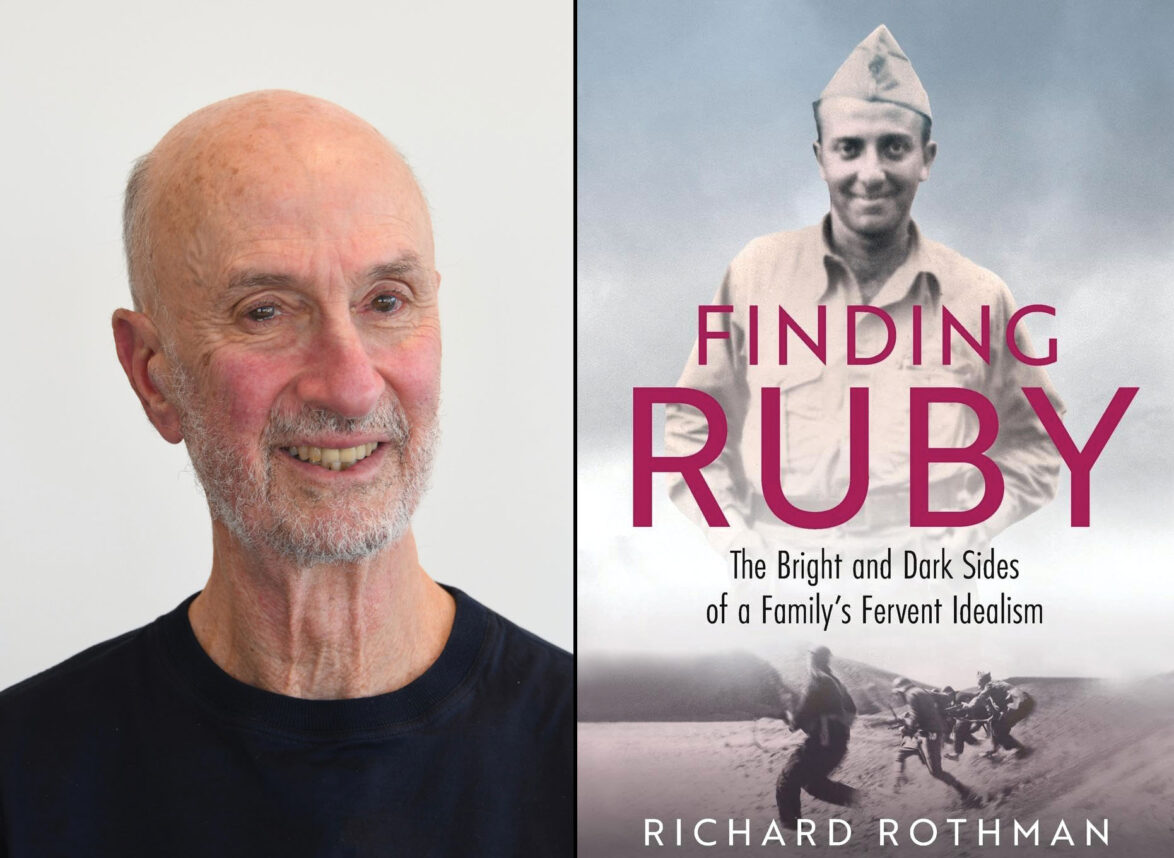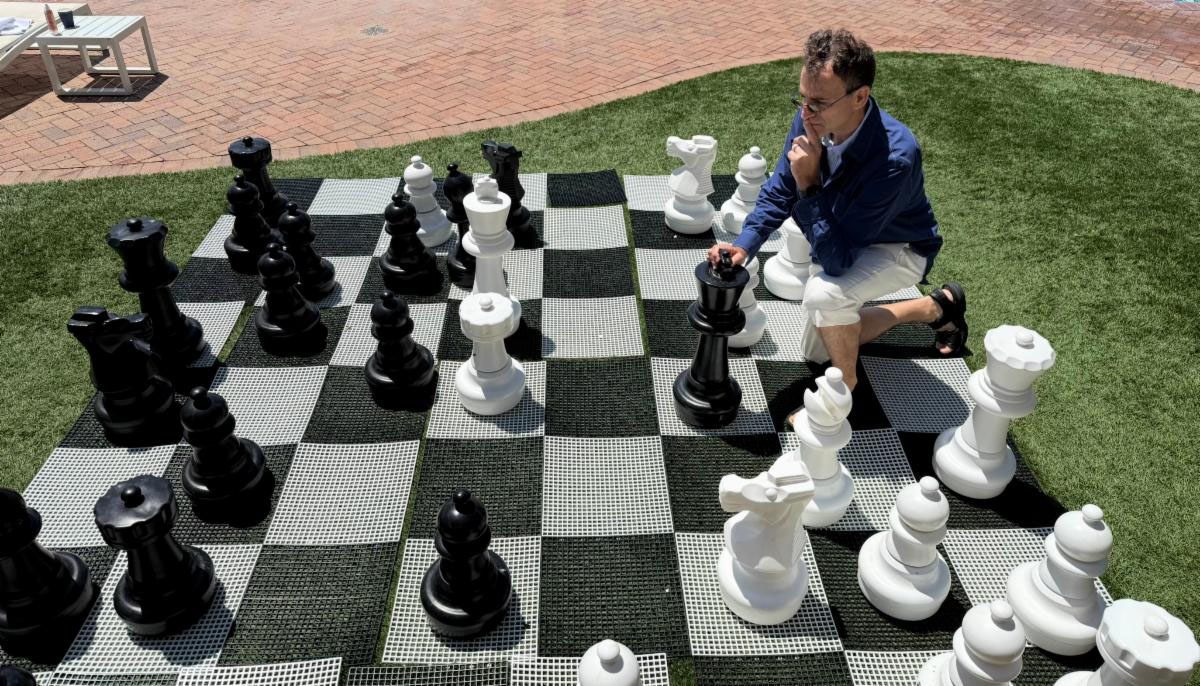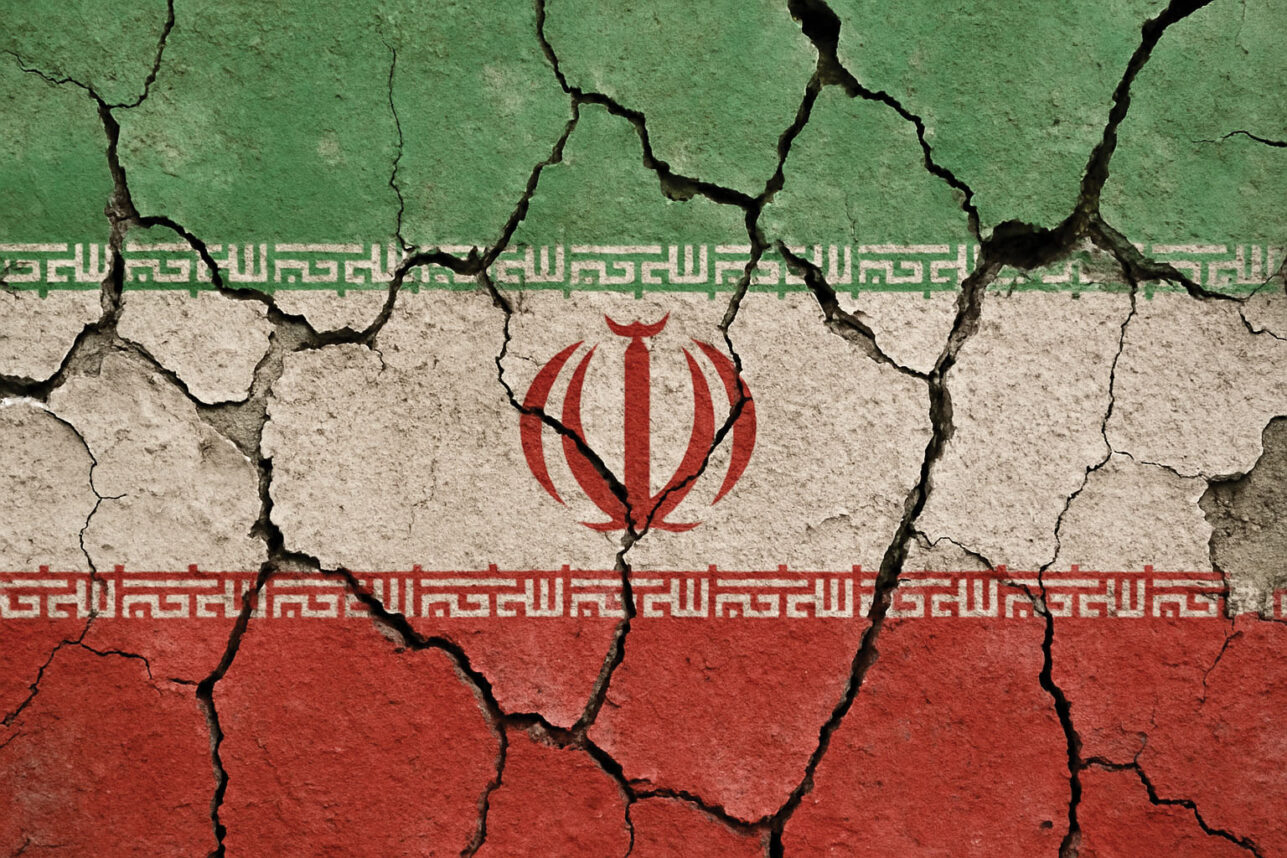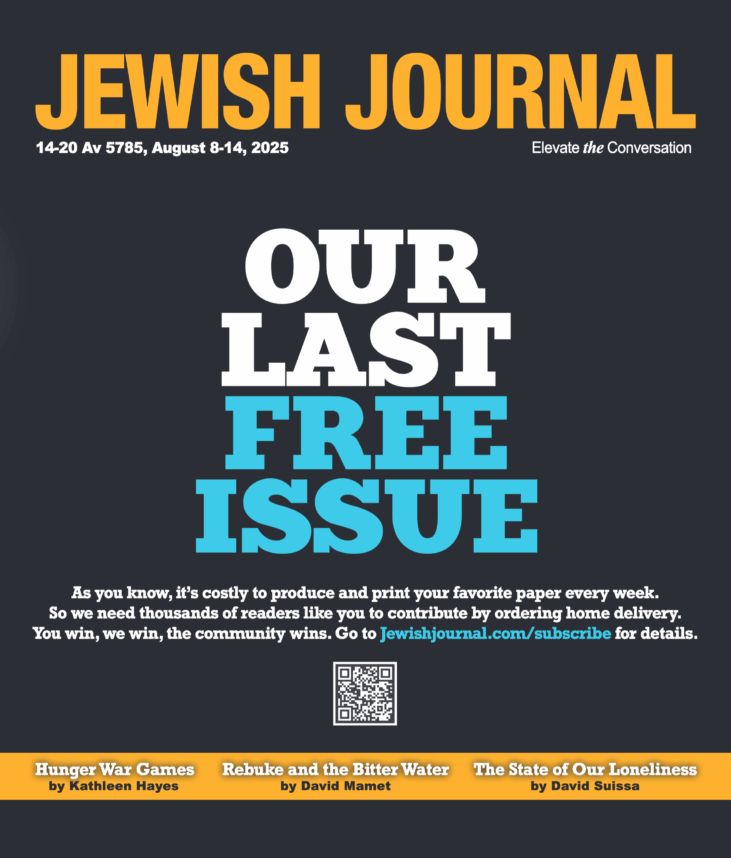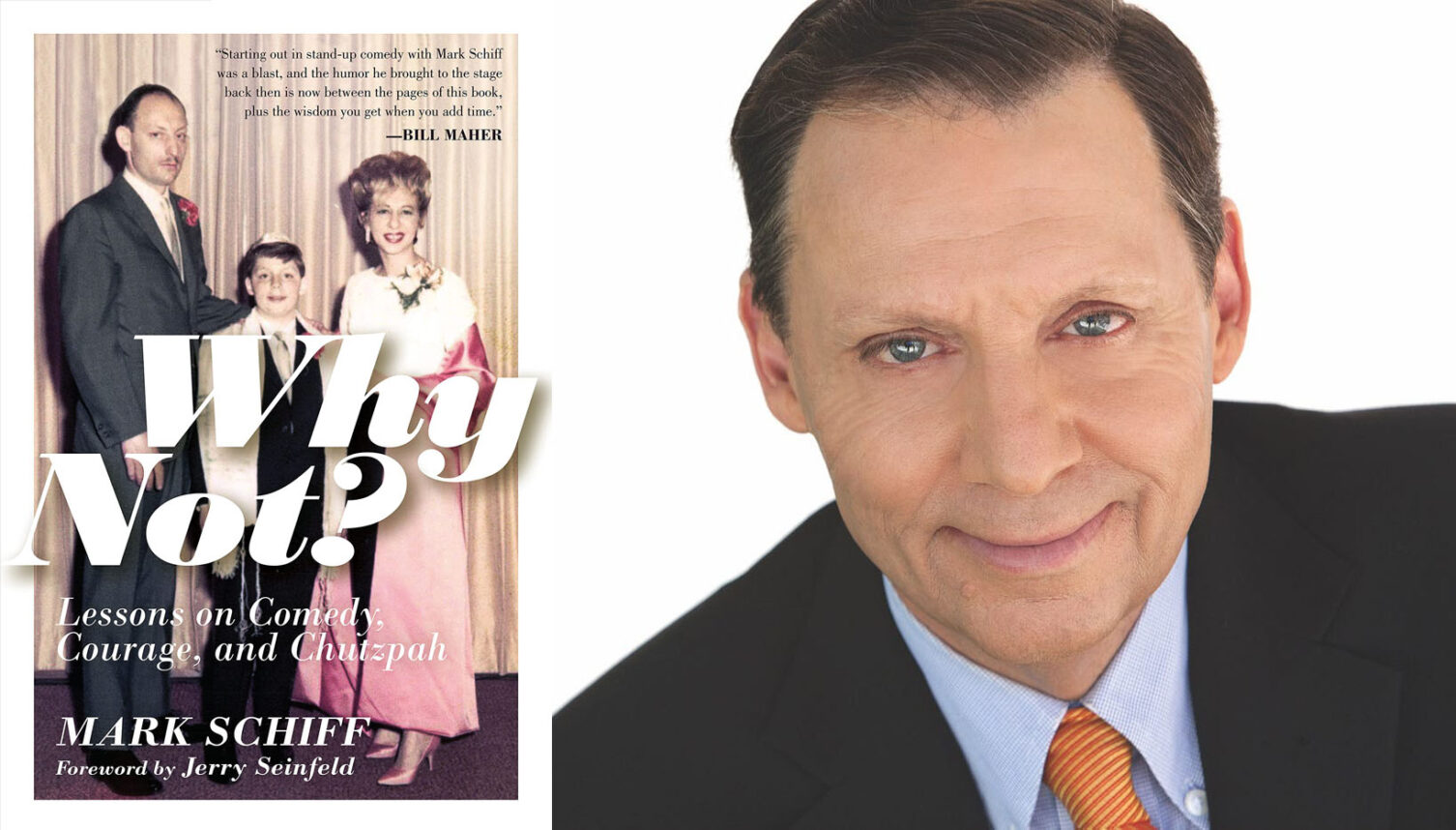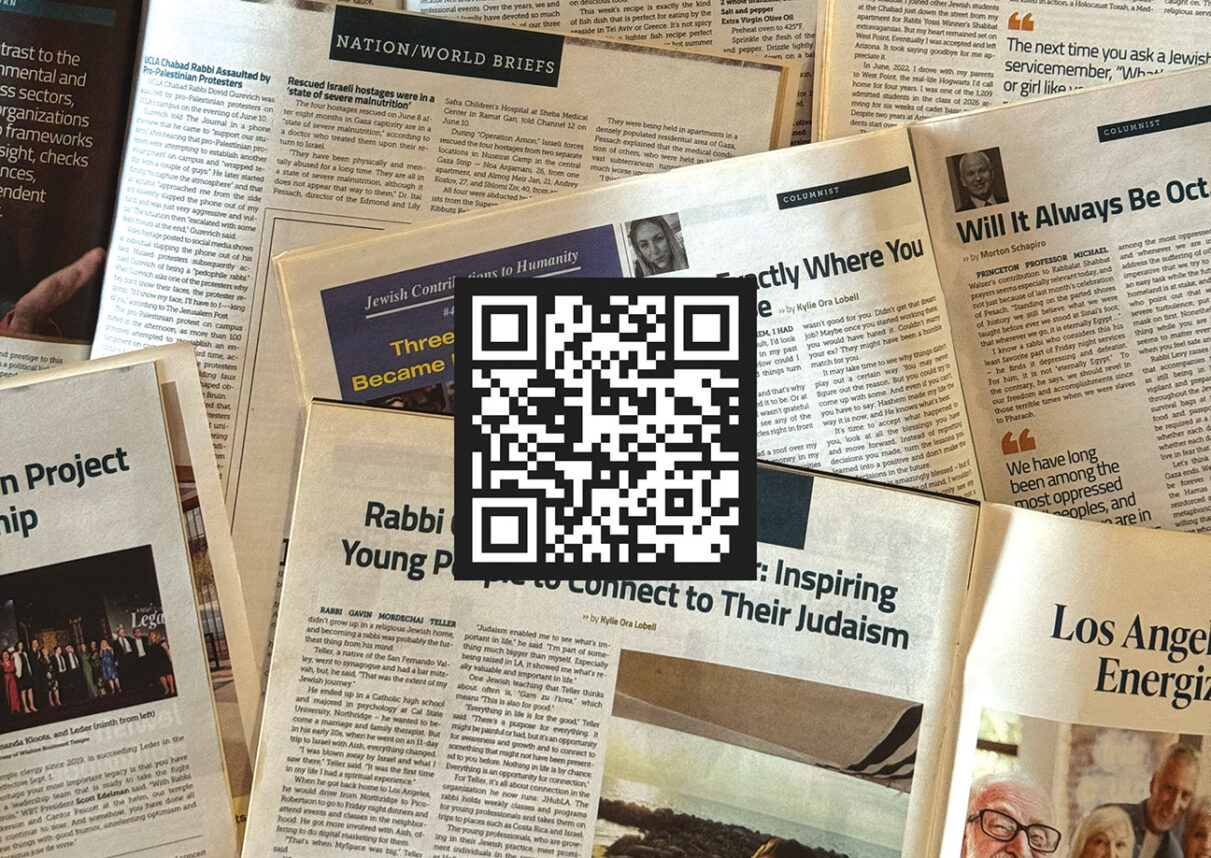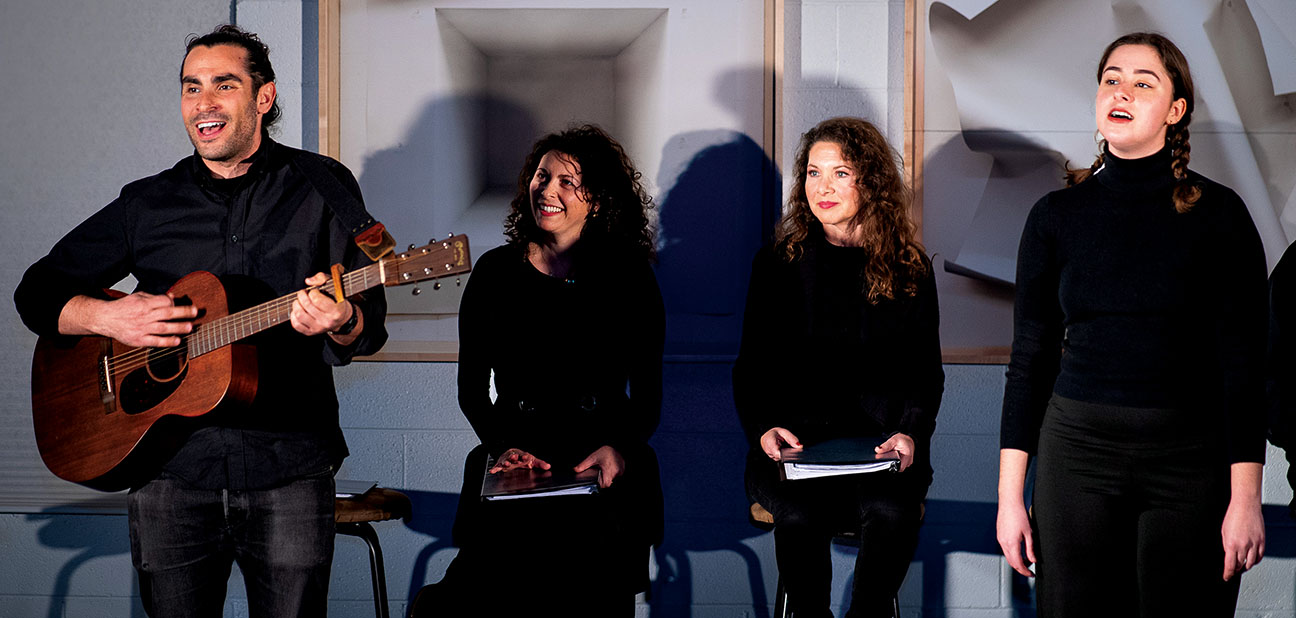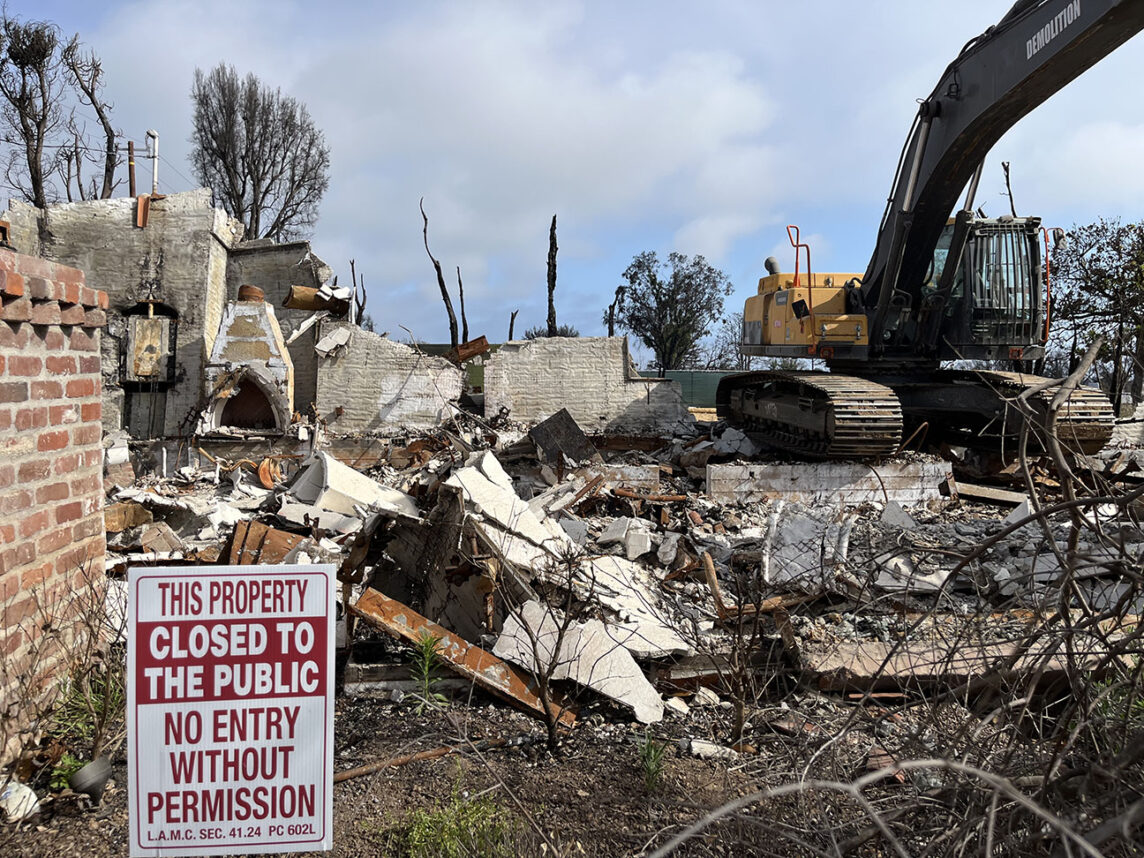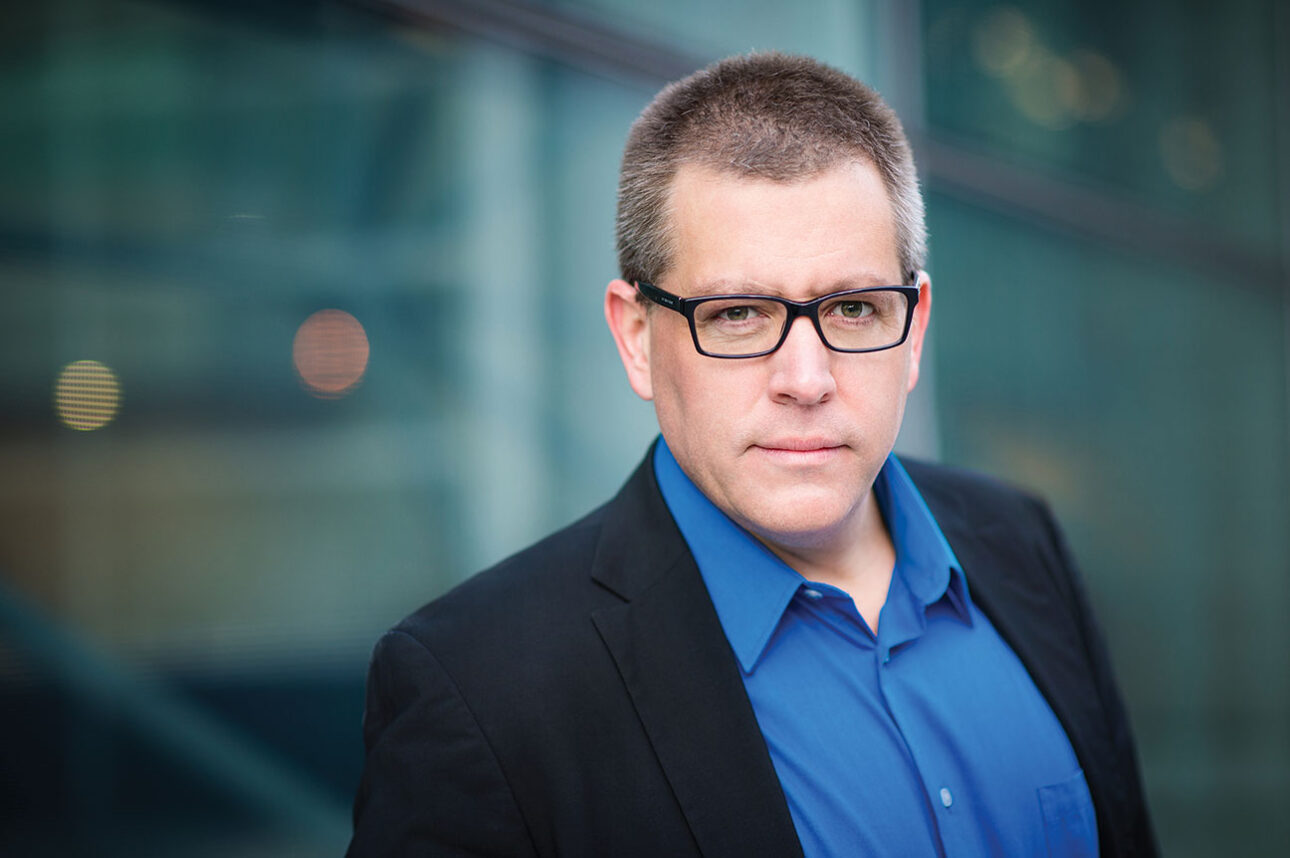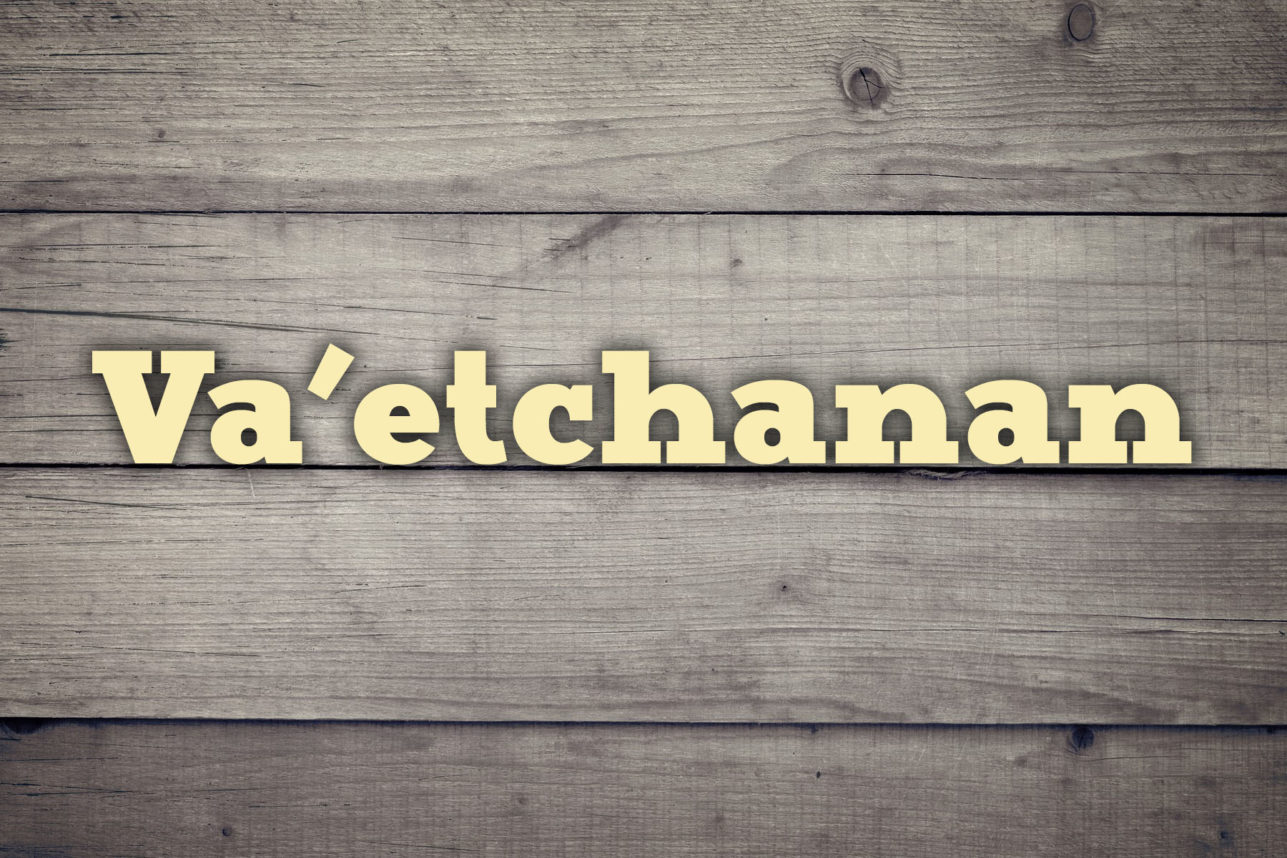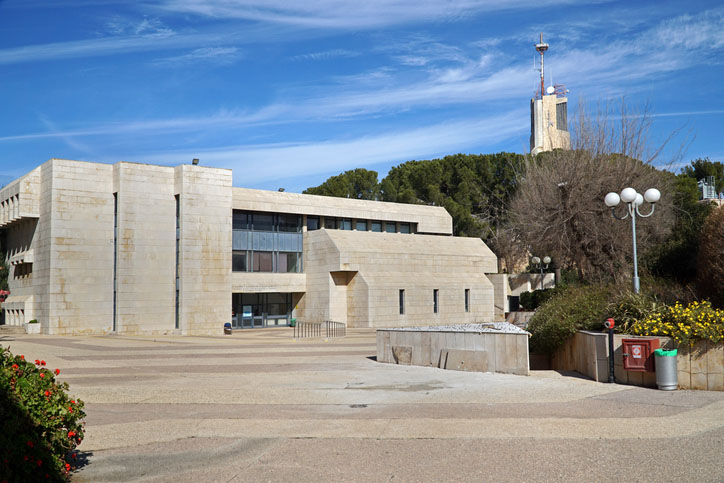Federation Funding Policy Clarified
Rob Eshman’s opinion piece “Just Say Yes” (Feb. 18) misrepresented a number of key points.
1) Our Federation’s Funding Policy on Israel Programming was the result of three months’ deliberation by a diverse group of leaders. It was built upon the foundation of policies already enacted by Bay Area institutions to help navigate potentially controversial programming choices.
2) Jewish institutions have always drawn boundaries based on their values. For example, Jewish institutions do not permit programs that promote extremism, violence, bigotry or converting Jews. Moreover, all funders have policies about what they will and will not fund based on alignment with their mission. So the issue is not about drawing boundaries but rather where those boundaries should lie with respect to Israel programming and Federation dollars raised across the community to support both Israel and local needs.
3) Eshman argues that the policy would “ban monies from supporting artists” who are tied to groups that “may have cooperated with some aspects of the BDS movement,” in whole or in part, such as Tony Kushner and Theodore Bikel. In fact, the policy states that presentations that are not used to promote a BDS agenda are within the guidelines. That would include a Bikel concert, a Kushner play, or an evening on their lives in the arts. Reasonable people can differ but a fair presentation of the policy is warranted. Exactly one year after its adoption, we are pleased with how it has helped to hold up the big tent and advance lively discourse and good programming choices without stifling debate.
Jennifer Gorovitz, CEO,
Jewish Community Federation
San Francisco
Rabbi Doug Kahn, Executive Director
Jewish Community Relations Council
San Francisco
Rob Eshman responds:
If I neglected to specify the exact timeline or development process of the JCRC policy, it was only because I did not think it as pertinent as the final policy in place. I have no quarrel with the notion of boundaries, I merely called into question the ones the San Francisco group chose. Mr. Kahn’s third point seems to be that Federation money can fund artists as long as they don’t promote opinions on Israel with which the Federation disagrees. That’s just how I like my brilliant Jewish artists — muzzled.
Voice of Reason
Thank you, Rob Eshman, for being a voice of reason and balance (“Siren Song,” Feb. 8). We agree with you that we should celebrate and support people who strive for freedom from oppression.
Let’s deal with events as they develop and not zoom to the most problematic outcomes.
Judith and John Glass
via e-mail
Additional Jews in elected office
Like most other California politics professors, I deeply admire Raphael Sonenshein’s work. But once in a while, even he forgets those of us Jewish elected officials who toil in the almost invisible community college system (“Harman’s Departure: What Does It Mean for Jews?” Feb. 18).
I am among three Jewish elected members of the Los Angeles Community College District Board, and we represent over 4.5 million residents of the largest community college district in the nation. We oversee nine colleges and 10,000 employees.
Our colleges provide important educational access for hundreds of thousands of people each year, and we are proud of the construction program that has brought modern, high-tech buildings to our campuses — buildings which have gained us international recognition for our environmental leadership.
Next time Sonenshein adds up the number of Jewish local elected officials, please add me and my colleagues on the LACCD Board of Trustees.
Mona Field
Past president, LACCD Board
Violating rights is not true nonviolence
When Rachel Roberts describes shouting down Israeli officials as “nonviolent protest” (“Muslim Criminals, Jewish Activists?” Feb. 18), she deliberately conflates two distinct activities.
What the Muslim students did in Irvine, and what A Jewish Voice for Peace did in New Orleans, was “nonviolent” in the sense that no rocks or punches were thrown. But trying to shout down and shut up a speaker because of disagreement with his message (which Roberts calls “speak[ing] up for what they believe”) is profoundly anti-democratic and anti-liberal. In that sense, it does violence —metaphorical, but real — to norms of civilized behavior.
It cannot be confused with nonviolent protest which makes its point but does not trample the rights of others. Everyone respects this sort of genuine “nonviolent protest.”
When protesters break the law, they should expect legal consequences. That’s fundamental to the theory of “civil disobedience,” and fundamental to a liberal democracy governed by the rule of law. Roberts complains that the A Jewish Voice for Peace-niks were treated more leniently than the Irvine students. Arguably, the problem is not that the Muslims were arrested, but that the Jews were not.
Paul Kujawsky
via e-mail
Not about the Jews
Kol ha-kavod to Rob Eshman for his leadership and courage. For two weeks in sequence, he has used his “This Week” editor’s column to focus on how the Jewish community has been, on the whole, reacting to the revolution in Egypt. It is natural to feel and express concern. The way ahead for this important country and its region is unclear and fraught with peril. And so, of course, possible effects on Israel are also fraught with peril. Nonetheless, as Eshman wrote on Feb. 4 (“The ‘F’ Word”), this is “not about us” — not about the Jews. We are quite appropriately at the center of our own world, but we are not at the center of the world itself, God’s world. Freedom is a human birthright, as we know and keep teaching others through the Passover story. So let’s stretch ourselves to be hopeful and idealistic along with being sober-minded and analytic. Let’s pray for Egypt and her people along with praying for Israel and the Jews.
Rabbi Susan Laemmle
Los Angeles
I’m writing to say that I’ve found myself compelled to share this article (“Israel: Stumbling Block or Shining Light?” Feb. 11) with as many people as I can possibly reach because it strikes such a powerful, rational chord that, regardless of what “side” a person is on (right / left / center), one cannot help but be on the side of Israel and freedom, all in the same breath, here in America. Also, on a selfish note,
I’d genuinely love to be ringside at such a debate and to see Soros explain to the American people as a whole his thinking, in light of the obvious facts Suissa so eloquently points out. Tell me — how can we get Soros to debate Suissa?!
Tristan Benz
CEO (Citizen Executive Officer) concerned about Israel, Freedom and America
via e-mail








